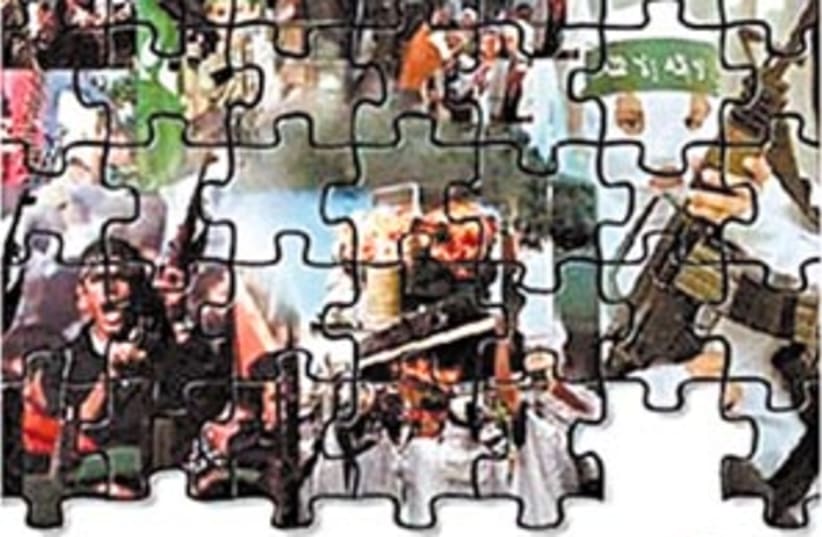| More about: | Ahmed Yassin, Abdel Aziz al-Rantissi, Michael Walzer, Italy |
An A to Z on fighting terror
Before 9/11, terrorism was some other country's problem, but with the global scope of Islamic extremism and WMDs, the stakes are now too high to be parochial about the threat.
